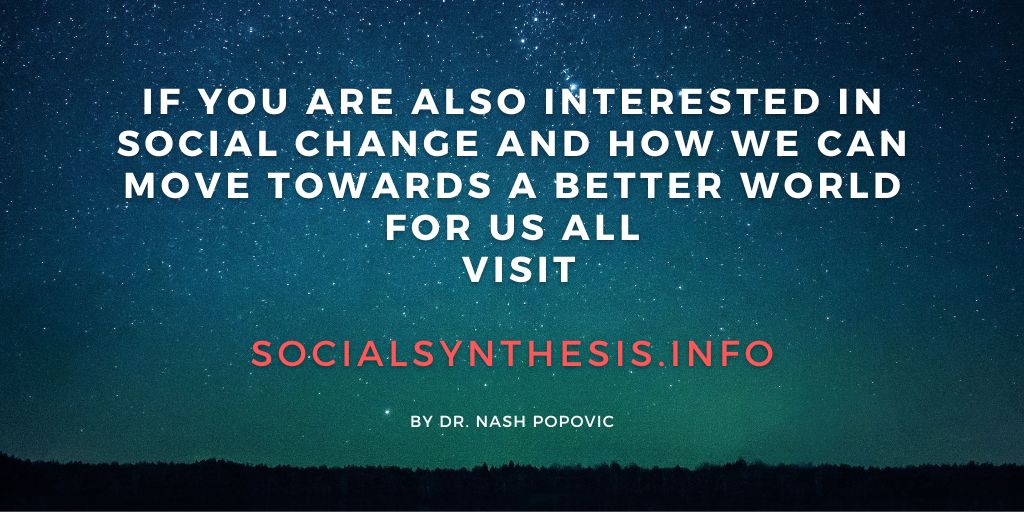20. Security
Man’s security comes from within himself, and the security of all men is founded upon the security of the individual.
Manly Hall (20c author and mystic)
The sense of security is one of the basic human drives and unlike fear, for example, it does not always have an object: you may experience insecurity without a specific reason. This is because our sense of security (or lack of it) is mainly related to uncertainty. Uncertainty, on the other hand, can induce anxiety. So, before we turn to security itself, let’s consider anxiety first. We all experience anxiety from time to time, but many people nowadays suffer from excessive anxiety. Understanding what anxiety is and how to deal with it may be helpful.
Anxiety
Fear and anxiety are often used interchangeably nowadays, but to deal with anxiety better, it is important to understand that they are not the same. In fact, there is some evidence that they differ even on the level of physiological reactions, such as gastrointestinal activities.(1) The crucial difference is that an element of uncertainty, rather than an actual danger, is linked to anxiety. In other words, while fear has a clear object (we are always afraid of something), anxiety does not – it is an expression of our awareness of uncertainty: for instance, if a tiger appears in your room you will feel fear; if there is uncertainty whether a tiger will appear or not, you will feel anxiety. Here is a more realistic example of uncertainties associated with an exam: ‘What questions will we get? Am I prepared enough? Will I pass?’ You may be afraid of the consequences of failing, but your anxiety arises because of these uncertainties. Nowadays, there are a lot of uncertainties around, probably more than ever (regarding finances, work, relationships, the political and economic situation, climate change, you name it) – hence we are experiencing an anxiety epidemic. But this also means that anxiety is not a sign that something is necessarily wrong with you – it may even be good in small doses!
Anxiety control
Anxiety is not always unpleasant and can improve, as well as disrupt performance. If induced by uncertainty of the outcome of a game, book, movie, date or adventure, it is usually desirable and sought after. However, when anxiety is mixed with insecurity (when you start worrying that you won’t be able to cope or deal with the situation), it becomes excessive and unpleasant. In some cases it can cause physical reactions such as increased heartbeat and pulse rate, sweating, tingling, and shallow breathing. These, in turn, can increase anxiety further as they are involuntary and have unclear consequences. One way of breaking this vicious circle is to say to yourself ‘it is just my brain misfiring’, and try to reduce them by relaxing the body and deep, slow breathing. Many find this exercise useful in such situations:
Square breathing: focus on anything in your vicinity that is roughly square (or rectangular) shape. As you inhale, move your gaze from lower left corner of the square to the upper left corner while counting to four. While holding air in, counting again to four and bring your gaze to the upper right corner. As you exhale, move your gaze to the lower right corner and count to four (make sure that you exhale fully to avoid hyperventilation – too much oxygen in the blood is linked to panic attacks). To complete the cycle, bring your gaze to the lower left corner and counting to four while keeping your lungs empty. Repeat, as needed.
If the above does not reduce your symptoms, you can try to increase them (e.g. make your pulse even faster). They may indeed increase for a short while, but then they will start subsiding and possibly disappear. Learning to control anxiety is like learning to ride a bike – it gets better with practice, so try it now: think of something that makes you anxious. Become aware of all the sensations you experience and use one of these methods to control them. It doesn’t matter which, as long as you regain a sense of control; this reduces uncertainty and consequently anxiety.
The sources of security
We all seek some security, but there are productive and unproductive ways of achieving it. A need to feel secure sometimes leads people to adopt simplistic views based on superstition and prejudice (e.g. xenophobia, homophobia, racism, religious hatred, etc.). All such attitudes have in common a fear of difference, or fear of those who are different – they are based on a false belief that those who are different are always a threat to our security. However, being based on a false premise, they can only provide a false security. Moreover, they can lead to making wrong choices as well as treating others unfairly. So let’s consider other ways of building a sense of security. Generally speaking, there are two sources of security: external and internal.
External sources of security
External sources may be found in:
- social structures (e.g. the police and the army, a political system that respects human rights, a fair and efficient legal system, or an economic system that secures jobs);
- personal image (e.g. a professional role, status, wealth);
- group (e.g. family, club, class, religion, nation);
- individuals (e.g. a partner, parents, friends);
- objects (e.g. an alarm system, a lucky charm, cross)
All of these sources can be effective in providing a sense of security (although not necessarily security itself), but they have some disadvantages:
- Most of them (e.g. the economic system) are not entirely in our control so we are, to a degree, at the mercy of circumstances.
- They are often temporary (e.g. security based on your status at work diminishes when you retire).
- Some limit personal freedom (e.g. a group that provides a sense of security may also demand that you conform to their rules).
- They can create a false sense of certainty (e.g. relying on a lucky charm may lead you to being less cautious).
So, perhaps it is worth considering internal sources.
Internal sources of security
These sources may be less tangible, but can create a lasting and stable sense of security and are less restrictive. They are:
- Accepting uncertainty: life can never be completely predictable, but uncertainty is not always negative. We often seek uncertainty, as a totally predictable life would be unbearably dull. The real problem is not uncertainty but insecurity. The former is not reduced by giving yourself the impossible task of making everything predictable, but by accepting uncertainty and developing the necessary skills to take advantage of it. What this means in practice is developing flexibility to adapt and be open to various possibilities, like a surfer who glides on waves instead of trying to control them.
- Being comfortable with differences: considering our ancestral past, it is perhaps understandable that some of us are wary of differences, but accepting them is more effective long term. Not all trees, animals, mobile phones or people are the same, so you’d better get used to it. Getting to know and understand differences can help with accepting them.
- Inner harmony: a sense of insecurity is often the consequence of internal conflicts (e.g. having a bad conscience, not being sure about what you are doing), so being at peace with yourself leads naturally to a sense of security.
- Being in charge of your life developed through self-discipline is a great source of security because you know that you can always rely on yourself.
- Knowledge: not knowing what is going on and what to do often create insecurity. So, learning how certain things work or why they occur can increase security (e.g. if you know how airplanes fly you will be more secure when you are in them).
- Faith in, for example, science, God, humankind, progress, etc., can also be an inner source of security as long as it does not create unrealistic expectations or clash with reality.
Check if there is something missing, and when you are satisfied that the list is complete, consider what you would like to be your main sources of security.
(1) May, R. (1950) The Meaning of Anxiety. New York: Norton, p.197.

